Inflammation
-

Hawiger still blazing a trail in inflammation research
Vanderbilt research describes a new investigational peptide drug that can penetrate immune and nonimmune cells, and block inflammatory signaling in a preclinical model of atopic dermatitis — eczema. Read MoreNov 10, 2022
-

Study sheds light on the development of inflammation, high blood pressure and resulting kidney damage.
Researchers at Vanderbilt University Medical Center have found that the change in a single letter of the genetic code promotes, in a mouse model, the development of inflammation, high blood pressure and resulting kidney damage. Read MoreOct 20, 2022
-

Vanderbilt researchers discover how gut inflammation leads to bone loss
Gastrointestinal inflammation, such as occurs in inflammatory bowel disease, triggers the expansion of a population of “bone-eating” cells, leading to bone loss. Read MoreAug 25, 2022
-

Study identifies molecular trigger of severe injury-induced inflammatory response
Vanderbilt researchers have discovered that early inappropriate activation of the enzyme plasmin caused by severe injury is a trigger of systemic inflammatory response syndrome and resulting organ failure. Read MoreJan 19, 2022
-
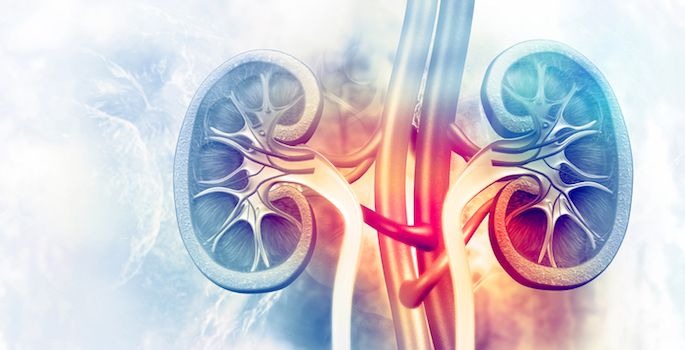
The role of integrins in kidney “integrity”
Receptors called integrins play a critical role in maintaining the structure of the kidney, Vanderbilt researchers have discovered. Read MoreJan 13, 2022
-

Vitamin D impact on disease biomarkers
In a randomized controlled trial, vitamin D supplementation did not improve biomarkers for cardiovascular and metabolic disease. Read MoreAug 10, 2021
-

COVID-19 complication underdiagnosed
A mysterious inflammatory syndrome linked to COVID-19 infection and first identified in children also occurs in adults, Vanderbilt researchers report. Read MoreJun 17, 2021
-

Inflammation in genetic epilepsy
Brain inflammation links genetic and acquired epilepsy — providing new clues about epilepsy development and pointing to potential treatments. Read MoreJan 21, 2021
-

Study details early events of inflammatory response
Vanderbilt University Medical Center investigators have identified a key molecular player in the early events of the inflammatory response to infection. The findings suggest new therapeutic possibilities for enhancing the inflammatory response to protect against pathogens and for blocking inflammation gone awry in diseases like arthritis and atherosclerosis. Read MoreDec 10, 2020
-

Salt, immune cells and hypertension
Excess dietary salt activates immune cells to induce inflammation and hypertension, supporting current recommendations for low sodium consumption. Read MoreAug 20, 2020
-

Risk marker for repeat sinus surgery
An inflammatory factor in mucus could be a biomarker of treatment-resistant chronic sinusitis used to determine which patients are at risk for repeat sinus surgery. Read MoreAug 11, 2020
-
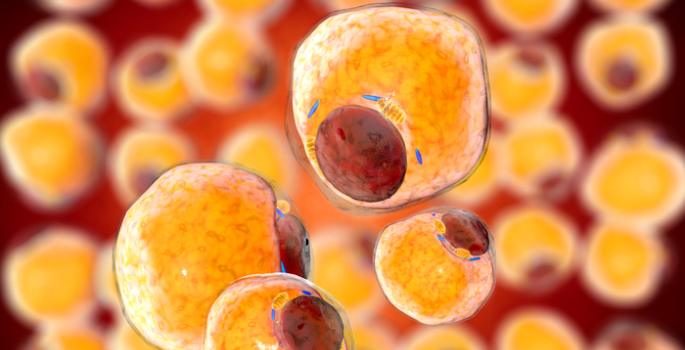
New tools to study bioactive lipids
Vanderbilt researchers have identified and characterized inhibitors of an enzyme that synthesizes lipid signaling molecules with roles in energy balance, inflammation and addiction. Read MoreJul 14, 2020
-

“Nur” target may aid arthritis treatment
Vanderbilt immunologists have discovered that the protein Nur77 is part of a control mechanism that guards against autoimmunity in natural killer T cells. Read MoreJul 13, 2020
-
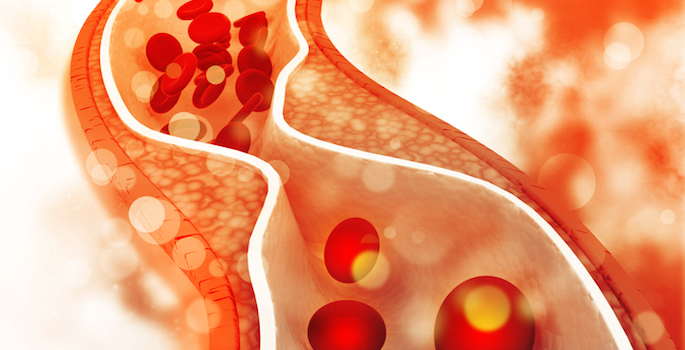
A new contributor to atherosclerosis
Sean Davies and colleagues are exploring lipid aldehydes produced during oxidative stress and their contribution to HDL dysfunction and atherosclerosis. Read MoreJan 27, 2020
-

Insights on diabetic retinopathy
A drug that targets multiple pathogenic steps in diabetic retinopathy may be an ideal therapeutic strategy for the disease, Vanderbilt researchers report. Read MoreJan 23, 2020
-
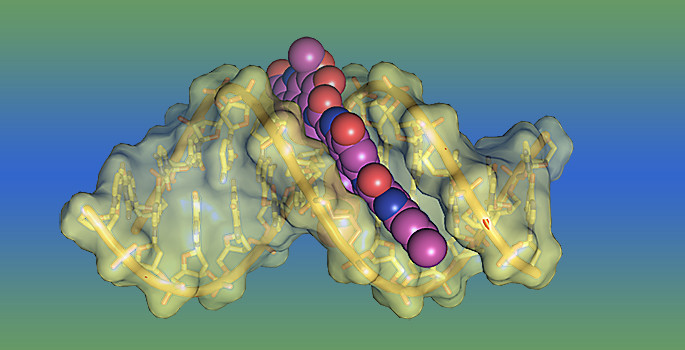
Endotoxin shock protector
A novel tool developed by Vanderbilt scientists protects animals from endotoxin shock and can be used for mechanistic analyses of inflammation due to microbial and other insults. Read MoreNov 5, 2019
-

Less inflammation = better healing
Immune cells that produce an anti-inflammatory factor are enriched in fat tissue around the heart and may be good targets to improve heart attack outcomes. Read MoreOct 17, 2019
-

A new regulator of B cell development
New findings establish a role for the pro-inflammatory molecule IL-33 in the early development of antibody-producing B cells. Read MoreOct 8, 2019
-

Pua lands NIH Director’s New Innovator Award
Heather Pua, MD, PhD, one of 60 investigators to receive the 2019 NIH Director’s New Innovator Award, will explore a novel type of cell signaling by RNAs in allergic airway inflammation. Read MoreOct 1, 2019
-
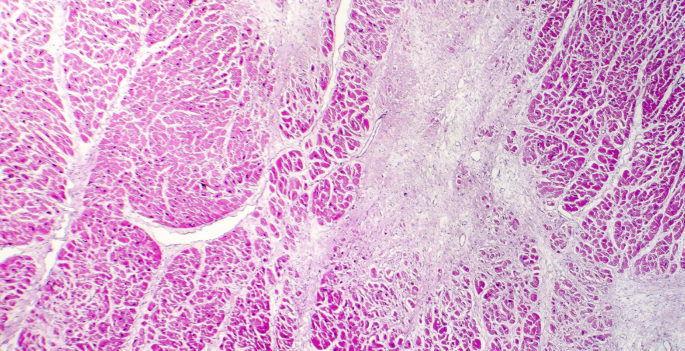
Antibody “road block” enables fine-tuning for cardiac recovery, decreases risk of heart failure
A new study published by Vanderbilt mechanobiology researchers details a possible solution for fine-tuning inflammation and cellular activity in cardiac recovery – thanks to an antibody initially developed for rheumatoid arthritis. Read MoreSep 19, 2019